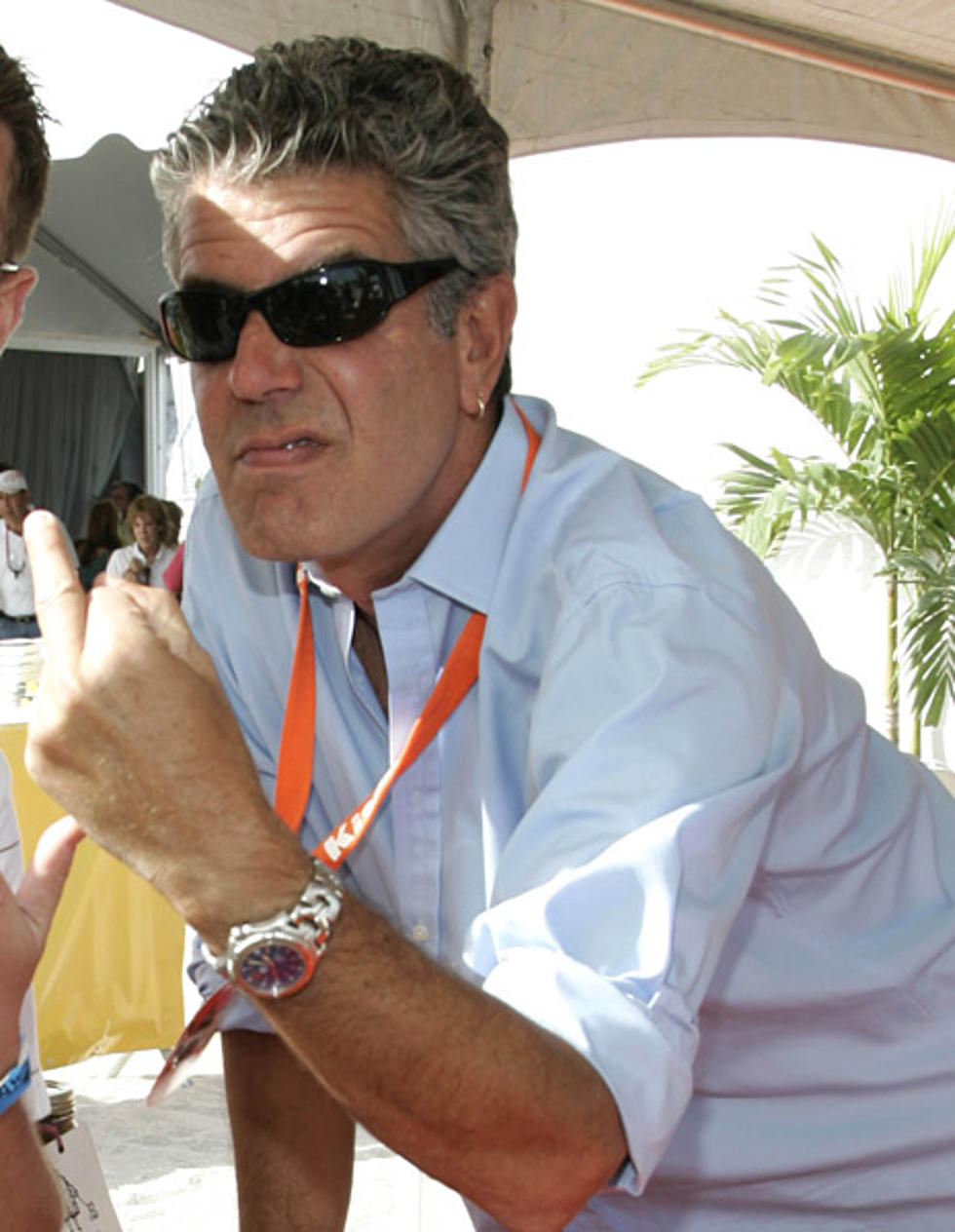
Oscar G Calls Out Club Culture: “DJs Are Going to Have to Grow Some Balls” – via Crossfade
If Miami wasn't always a house music town, DJ-producer Oscar Gaetan did plenty to change that in the '90s. In fact, his production outfit and eponymous label Murk with Ralph Falcon is widely considered essential house listening.
As Intruder, Liberty City, Funky Green Dogs and more, the Murk boys perfected that sultry '90s vocal jacking house formula, seeing seven consecutive singles reach the number-one spot onBillboard's Hot Dance Music/Club Play chart.
Consider yourself lucky that Oscar G and Falcon call Miami home. Go meet them at the Electric Pickle this Sunday. But in the meantime, find out what Oscar had to tell Crossfade about how to turn Miami into a dance music mecca.
Crossfade: How did growing up in Miami influence you musically? What did you listen to growing up?
Oscar G: Miami shaped who I am (and am not) in many ways. [I grew up listening to] Benny More, Depeche Mode, Celia Cruz, Joy Division, Mantronik, Blaze, Muñequitos de Matanzas, Ten City, Todd Terry, Ciro Llerena, Junior Vasquez, Yaz, Kraftwerk, Larry Levan, Patrick Cowley, Lime, François K, Danny Tenaglia, 2 Live Crew, Man Parrish, Frankie Knuckles, Tony Humphries, David Morales, Arthur Baker, John Robie, Bob Marley, Louie Vega, Michael Jackson, The Police, Talking Heads, Eric B & Rakim, U2, Beastie Boys ... I can go on and on.
When did you first start producing electronic music? And how did Murk come about?
I first started experimenting with drum machines when I was around 14. When I was 16, I went to a studio and recorded a song with my buddy MC Lee Luv. They basically ripped us off and took cash I had been saving up (from doing DJ gigs) for about a year. They never released the song and kept the masters.
A few years later, while still in high school, I started working with Ralph [Falcon] at his mom's house, where he had a little MIDI rig in his bedroom. We released a few songs on the DSR label. Then, soon after I graduated high school, we started Murk Records.
Ralph and I are childhood friends. We grew up together in the same neighborhood and went to the same school. The music thing came about much later when we had both coincidentally gotten really into electronic music and DJing. Ralph went away to military school when we were teens, so we lost touch for a few years. When he came back, I caught wind of music he was making because I was already DJing. We were re-united by a mutual friend and ended up making a bunch of music. Murk is a vehicle for the original material Ralph and I write.
Miami in the '90s was mostly known for booty bass and hip-hop. Was there a local house scene at all when you were first releasing the Murk records? And how involved were you guys in that local scene?
There was a small house scene in the early '90s. The gay clubs were playing it and several smaller venues had parties where you would hear house music. Danny Tenaglia was a weekly resident at Cheers in South Miami, Louis Diaz and David Knapp at Boomerang, David Padilla at Warsaw Ballroom, Aldo Hernandez at Club Nu, and a couple of other guys were spreading the gospel. We were not involved very much because we were touring very heavily once we started the Murk label. But we would definitely try to hang out when we were home and definitely would bring the DJs our latest projects.
In a way, that "Murk sound" was the blueprint for '90s vocal jacking house, and it's considered a major influence by many producers today. What can you tell us about developing that sound? What was the creative process behind it?
We don't have a specific plan of attack. We just kind of hang out until we feel like making music. We are very openly critical of what we do in the studio with one another, so I think that always brings out our best and pushes the creativity factor in our work.
So what's been going on with Murk this year and what do you have in store for the production project and label next?
To find out what Murk has in store for the futre and read the rest of this interview go to: Crossfade
More From Elektro Daily










